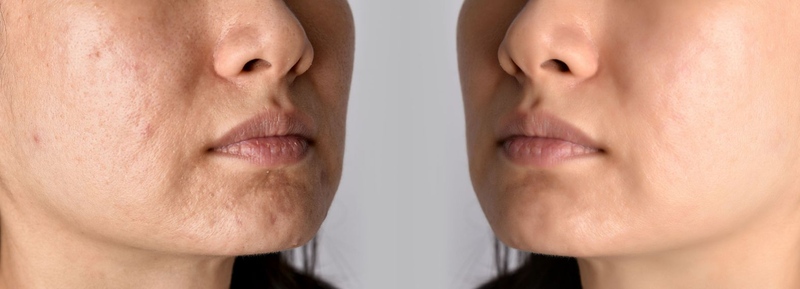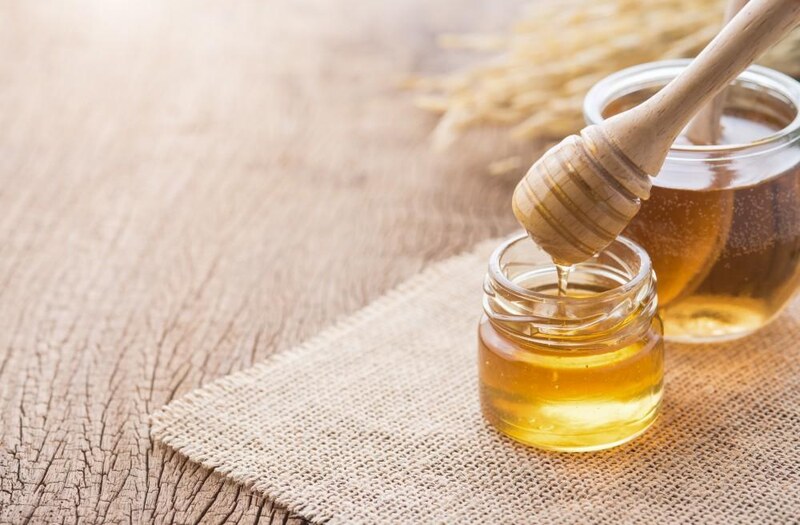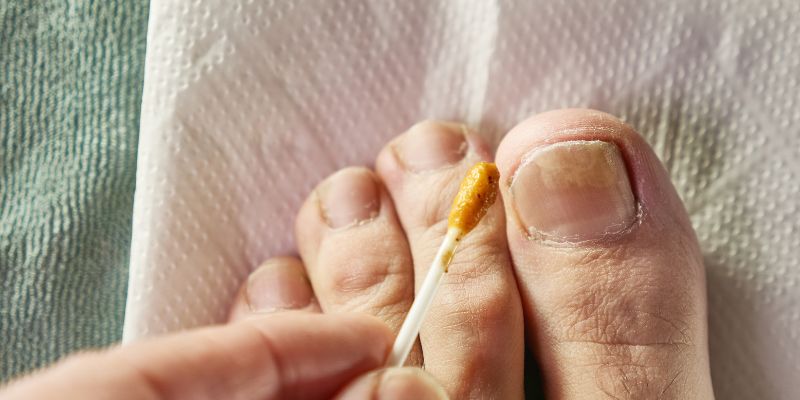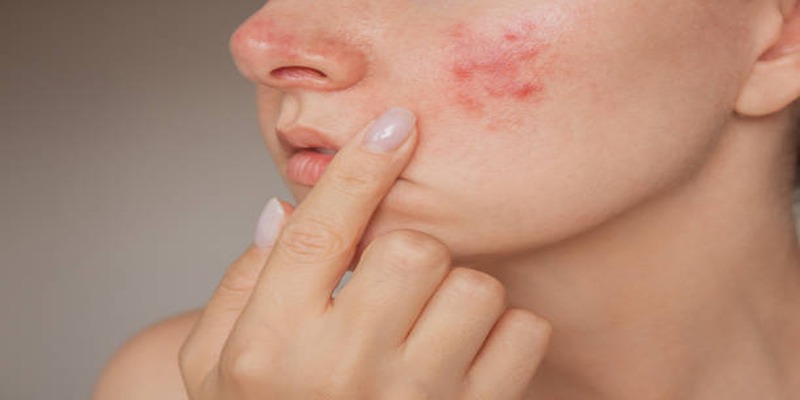Acne scars may continue to remind you of past skin breakouts and can affect your self-belief and confidence. Acne lesions that have inflammation often lead to these, with the skin experiencing changes while it heals. The healing of acne lesions might cause scars that vary from mild discoloration to severe indentations. These marks can come from different causes like how bad acne was, the kind of skin, and even genes. Knowing these reasons helps to pick the best ways for treatment. This article will look at several treatments for acne scars as well as good methods for skincare that help you get better-looking skin.
Laser Treatments for Acne Scars

Laser therapy is one of the best treatments for acne scars. It works by making your skin produce more collagen and improving how it feels to touch. You can find many kinds of laser therapies, like black ablative lasers and non-ablative lasers. Ablative lasers take off the top layer of skin to encourage new growth, but lasers that are non-ablative work under the surface of your skin. They can help make your skin look better without needing a lot of recovery time. The results might change depending on what kind of condition your skin is in and how bad any scars you have are, however many people say they see changes for the better after several treatments. You should talk with a dermatologist who knows their stuff to figure out which laser choice would be best for exactly what type and scar situation you have with your particular type of skin.
- Post-Treatment Care: Proper aftercare, including moisturizing and sun protection, is vital for recovery and optimal results.
- Session Frequency: Discuss with your dermatologist how many sessions are recommended for your skin type and scarring severity.
Chemical Peels for Skin Renewal
Chemical peels are also a preferred method to manage acne scars. This process involves putting a certain liquid on the skin that leads to peeling of outer layers, showing newer skin beneath. The peel's depth can differ, with shallow peels aimed at the top layer and deeper ones influencing the middle layer of skin. The texture of the skin can be enhanced, discoloration lessened and new skin growth encouraged through these treatments. Many kinds of acids like glycolic or salicylic acid are frequently utilized in such peels. A licensed professional should always perform chemical peels to guarantee safety and get the best possible outcomes. Following a chemical peel, proper aftercare is crucial to protect the newly exposed skin.
- Skin Type Assessment: A thorough skin assessment should be done to select the appropriate type of chemical peel.
- Avoid Sun Exposure: After a peel, it's important to avoid direct sun exposure to protect sensitive new skin.
Microneedling for Scar Reduction
Microneedling is a process that slightly invades the skin, making small injuries with thin needles. This activates the body's normal healing reaction causing more collagen and elastin to be generated. It can make significant improvements in acne scars' look. Normally, several sessions are required for optimal outcomes and this treatment fits different types of skin well. Microneedling is found beneficial by lots of patients to smooth out raised scars and lessen the appearance of dented scars. Following treatment, mild swelling and some redness might appear but normally these effects decrease in a couple of days. It's recommended that you speak with a dermatologist or certified aesthetician to talk about how many sessions are required as well as the anticipated result according to your personal skin situation.
- Healing Time: Allow your skin time to heal after each session before undergoing additional treatments.
- Consultation Importance: Discuss any concerns with your dermatologist to tailor the treatment to your specific needs.
Topical Treatments and Over-the-Counter Products
If you are looking for good solutions to treat acne scars, there are plenty of creams and products available without a prescription that can be helpful. Components such as retinoids, vitamin C, and hyaluronic acid have been proven to enhance the feel of skin and support the healing process. Retinoids come from vitamin A. They assist in boosting cell renewal and the production of collagen which makes them efficient at lessening the look of scars. Vitamin C is recognized because it has antioxidant properties and can make skin look brighter, helping to decrease the color change from scars. Hyaluronic acid helps keep skin moist and flexible, which enhances how your skin looks. Regular use of these products together with protection from sunlight can result in slow betterment of acne scars' appearance as time goes by.
- Layering Products: When using multiple treatments, layer them properly to maximize effectiveness and avoid irritation.
- Routine Consistency: Regular use of these products is essential; inconsistency can hinder progress.
Natural Remedies for Acne Scars

Professional treatments are often successful, how, ever some people might favor using natural remedies for acne scars. Components such as aloe vera, honey, and tea tree oil are regularly mentioned because they benefit skin health. The calming and healing attributes of aloe vera could potentially lessen inflammation aiding in the repair process of the skin. Honey is famous because it can stop bacteria and bring moisture to the skin, this makes people use it a lot for helping skin get better. Tea tree oil has good effects against microbes and helps in decreasing acne which can create more scars. Natural treatments might take extra time to give outcomes compared with services from experts but they could be an easy choice for individuals having delicate skin. You should know, outcomes may be different each time and it is recommended to do a patch test to prevent allergies.
- Ingredient Quality: Ensure the natural ingredients are pure and of high quality for better results.
- Patience Required: Natural remedies often take time to show effects; be consistent for optimal outcomes.
Importance of Consistent Skincare Routine
Setting a regular skincare routine is very important if you want to decrease acne scars. It's necessary to use sunscreen every day because ultraviolet light can make your scars look worse and slow down healing. Also, using products that help skin cells grow faster and keep the skin moist can greatly improve the overall condition of your skin. Exfoliating regularly is beneficial for removing dead skin cells and promoting the growth of new, healthy skin. It's very important to keep your body hydrated and eat a well-balanced diet because these aspects can influence the condition of your skin. Establishing a specific routine that suits personal skin requirements combined with occasional visits to see a dermatologist could enhance the success rate of acne scar treatments.
- Skin Assessment: Regularly assess your skins needs and adjust your routine accordingly for better results.
- Diet Connection: A balanced diet rich in vitamins can enhance skin recovery and overall health.
Conclusion
To conclude, there are many treatments and solutions offered to tackle acne scars. These include professional methods such as laser therapy and chemical peels, efficient products that can be bought without a prescription, along with natural alternatives. Knowing about the different treatment options available, keeping up good skincare habits, and getting advice from experts will significantly help your progress towards clean-looking skin without blemishes or roughness. Whether you decide on clinic-based treatments or remedies at home for reducing acne scars is possible when the correct steps are taken regularly for their care.







